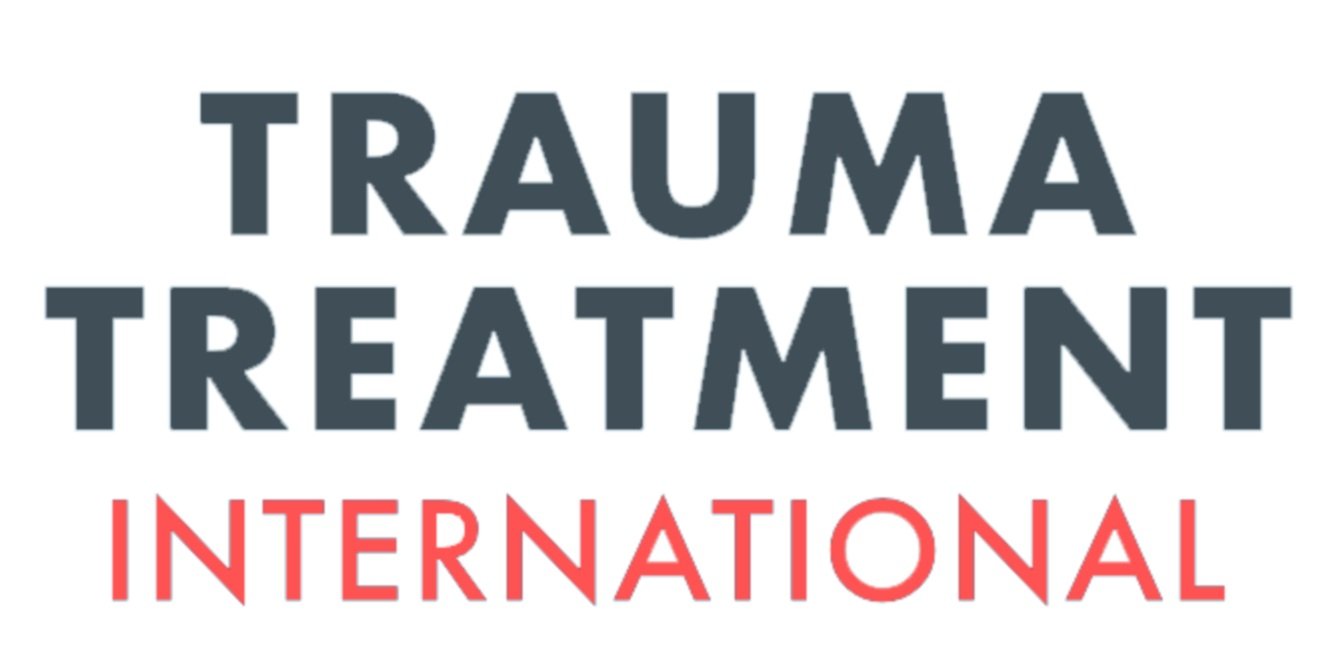What is Trauma?
“Trauma sits at the heart of most human pain and dysfunction”
—Dr Sarah Woodhouse, Clinical Psychologist
Trauma has many different definitions but we generally refer to it as an extremely distressing event or memory, which has a huge impact on our lives. Trauma can evolve from tragic accidents or the cruellest abuse at the hands of others. Trauma can have lasting effects on our emotions and behaviours, for example traumatic memories can be the cause of depression, eating disorders, burnout at work and many more challenging consequences. Nobody is immune to trauma and we can encounter it at any time, in any place.
Trauma usually occurs when an individual experiences an overwhelming event, often involving unbearable danger and threat to life. Trauma can technically be defined as one of three things: physical injury to the body; a traumatic event; the effect of the traumatic event. In all three instances, trauma can have a lasting impact on the individual and the effects need to be prevented as soon as possible. Severe traumatic events can be shattering and undermine the ability to live a functional life. The good news is that with early, evidence-based interventions, individuals usually won’t go on to develop more serious difficulties such as Post-traumatic Stress Disorder (PTSD).
As psychologist Dr Sarah Woodhouse explains in this article, trauma doesn’t always have to be a “big-T event”, such as a natural disaster, war or severe childhood neglect. Indeed events will vary in severity but trauma is anything that can make us feel overwhelmed, threatened and out of control. This means that any event, even commonplace experiences, can leave us suffering from trauma. It’s not about the event itself, it’s all about our response to it.
So, deciding how to define what is traumatic should be left up to the individual; this is why it’s vital that we understand trauma as a very personal experience and it will never be experienced in the same way by everyone.
Trauma affects us all differently but some key signs may be:
Flashbacks
Irritability
Withdrawal
Anxiety
Hopelessness
Nightmares
Self-destructive behaviour
All of these effects are debilitating and make it almost impossible to live a ‘normal’ life, reducing the ability to find employment, stay in education and maintain close relations. Usual coping mechanisms will fail because the trauma is simply too severe. Recovering from trauma starts with noticing our thoughts and processing them. As our Acting Head of Clinical Services, Dr Sarah Whittaker says:
“Silence is a breeding ground for shame, which is why talking about what happened in therapy is so important.”
The single most important factor in overcoming trauma is forging or keeping positive social relationships. We are social beings but unfortunately trauma can isolate us from the world around us, forcing us to retract into ourselves and become consumed by our fears. After noticing our thoughts and potentially traumatic pasts, it is crucial that we invest in our relationships and friendships with those around us that will care for us and love us, no matter what. Healing is possible when we stay grounded in the present moment and connected to others.
Trauma affects every aspect of a victim’s life. We also know that perpetrators are less likely to commit crimes if their own trauma is treated.
But trauma can be treated; trauma does not leave us broken beyond repair. In fact, trauma can provide an opportunity to learn about ourselves and the world more than we would otherwise have done. An outlook on PTSD recovery from this article describes the opportunity of healing beautifully:
“In some ways PTSD puts us more in touch with life’s realities and strips us of the usual veils that we draw over these in order to protect ourselves. In a paradoxical manner, if the realities unmasked by trauma can be accepted and integrated, we can be more authentically connected to life than we were before.”
The unpredictability of life gives way to the threat of trauma. As fragile and changing beings, we will always be vulnerable to its effects, which have evolved to protect us from life-endangering situations. But the same adaptive capacity of humans gives us the ability to change and overcome our pasts. The power of love and self-discovery will always be greater than the trauma they are healing.
If you think you might benefit from therapy or talking to someone about trauma you are experiencing, please reach out for help:
MIND's infoline: 0300 123 339 and info@mind.org.uk. Mind provides an information and signposting service. Open 9am to 6pm, Monday to Friday.
Samaritans freephone: 116 123 and jo@samaritans.org. Open 24/7 for anyone who needs to talk.
If your organisation needs support, please contact us at TTI: info@tt-intl.org or projects@tt-intl.org.
